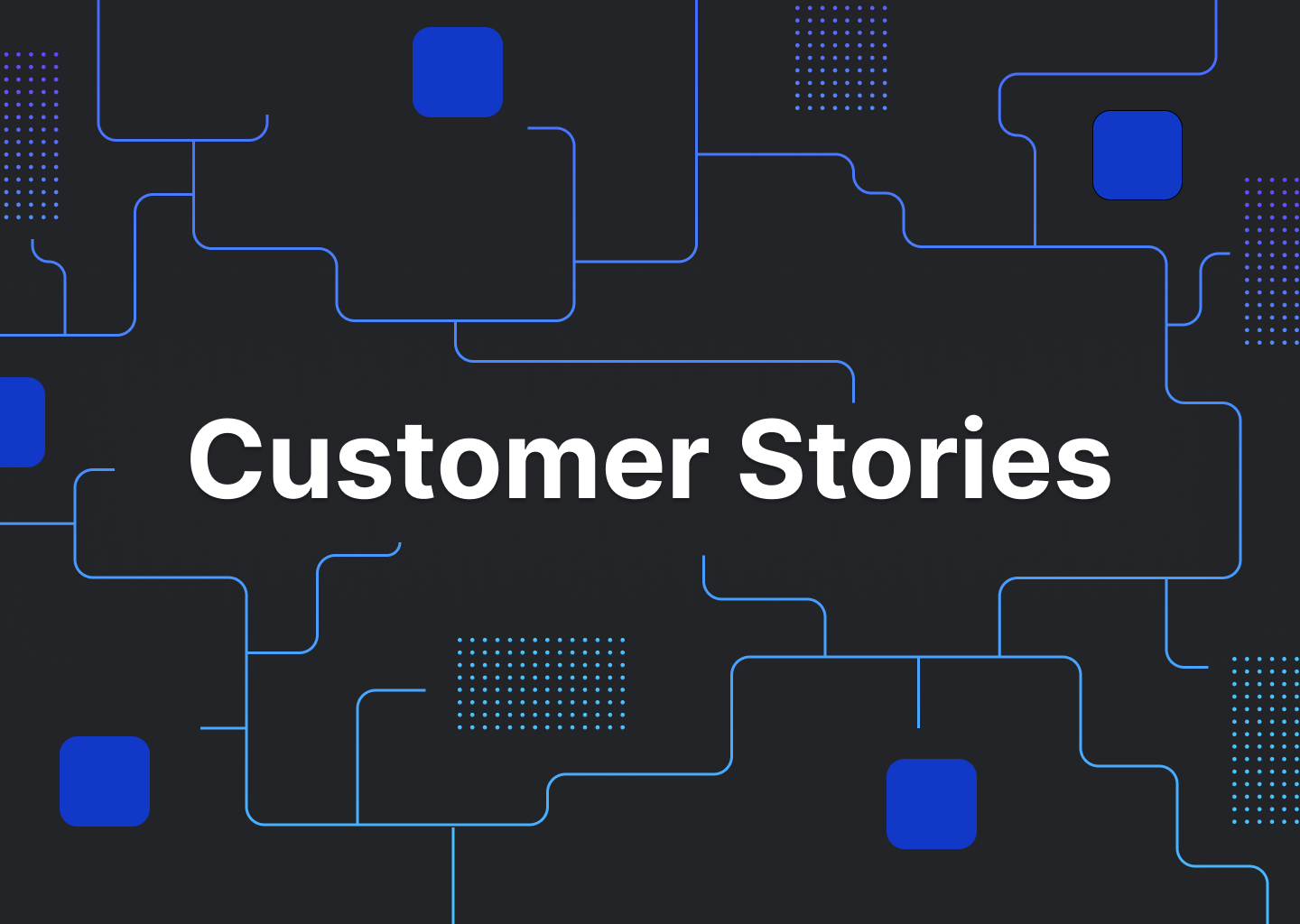
BioBox Analytics is a venture-backed biotech software company developing a unified genomic data analytics platform for scientists.
What is BioBox Analytics?
BioBox Analytics is a venture-backed biotech software company developing a unified genomic data analytics platform for scientists.
Use case: BioBox Analytics needs to regularly update their web platform to meet the demands of their customers who use their products regularly to store, analyze and share data across teams. Reliability, security and the release of new features are top of mind for their Chief Information Officer (CIO), Julian M.
The ability to continuously monitor stability of their platform while releasing new features is crucial to the success of BioBox Analytics. Juggling reliability and new features allows the business to prevent churning existing customers and to be able to confidently establish new partnerships. This is where webapp.io and the general concept of continuous integration matters. It allows developers to release quality code without compromising productivity.
Build vs. buy: custom CI for Kubernetes stack
After being unable to find a testing solution that worked well with Kubernetes, the talented BioBox Analytics team decided to make an in-house testing solution. However, the custom CI project took over 2 months to build a basic foundation and required hours of ongoing maintenance per week. Although there are instances where building internally makes financial and technical sense, they decided to adopt webapp.io with the hopes of seeing a faster return on investment.
Tech stack:
- The BioBox Analytics platform is built with Vue.js, neo4J, federated apollo graphQL. Their entire stack runs on Kubernetes.
- For testing they use webapp.io, Cypress, and Jest.
- Each of their services has their own tests and the team regularly conducts comprehensive E2E tests.
Before using webapp.io, BioBox Analytics’ challenges included:
1. Finding a solution which integrated with Kubernetes was difficult
2. CI pipelines were time-consuming and frustrating (hours lost each week)
3. Custom-built CI tooling was powerful, but maintenance was consistently taking developer focus away from customer needs.
4. E2E tests took over 30 minutes to build since every service was being rebuilt each time.
After using webapp.io:
1. Implementation took half a day and they immediately saw results
2. webapp.io took BioBox Analytics E2E tests from hours down to minutes
3. Increased developer productivity by over 20% due to less context switching and waiting for test pipelines.
4. The team did not need to maintain a complex, custom built CI system
BioBox Analytics found a solution that works well with their Kubernetes stack. They chose webapp.io as their new automatic testing solution rather than maintaining their own or changing the rest of their stack.
In a matter of half a day, the software team was using webapp.io and saw dramatic improvements - their test pipelines went from hours to minutes. The switch to webapp.io has freed up more than 20% of the software team’s time, even through the transition to remote work.
"Within half a day, I had gotten a Kubernetes stack running inside of a Layerfile and it was pretty cool to be able to bring up staging servers to view websites running inside Kubernetes in less than a minute. It was clear within the first couple runs that webapp.io was skipping unnecessary steps and reducing our test times."
- Julian M., CIO of BioBox Analytics
Their CIO Julian is excited about the “GitOps” deployment method that webapp.io's powerful staging server feature supports. “webapp.io is truly a non-judgmental testing platform that allows you to track versions of your web application in files to bring up full Kubernetes environments with minimum effort”, says Julian. The webapp.io team is excited to support BioBox Analytics in building the future of research!
